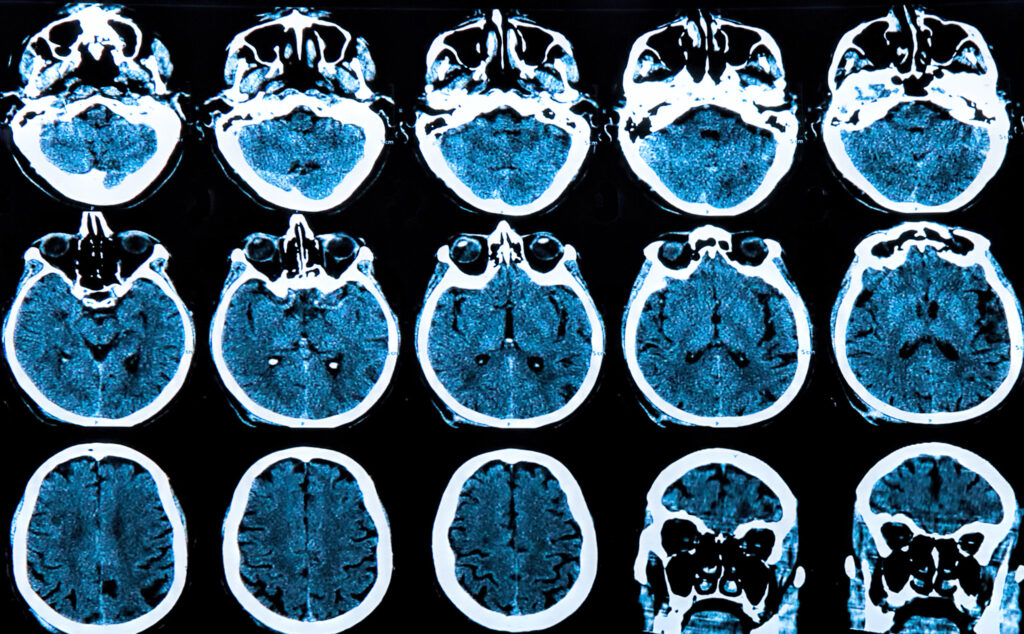
Symptoms of HD appear between ages 30 and 50 but can be as early as age 2. These symptoms include unwanted choreatic movements, decline in thinking skills, psychiatric changes, and other symptoms.
Genetic testing can be done to see if you have inherited the faulty gene for Huntington's disease. This uses a blood sample and is done by a neurologist or genetic counsellor.
1. Unusual Involuntary Movements
The most obvious sign of Huntington's disease is unusual movements that aren't controlled. This may involve shaking, twitching or jerking movements (chorea). Symptoms of this disorder get worse over time. They can affect your ability to walk, speak and swallow. It can also cause changes in your mood and personality.
The defect in the gene that causes Huntington's disease changes how the protein huntingtin functions. It includes too many repeats of a certain chemical code in one small section of chromosome 4. Scientists don't know why this genetic change causes the symptoms of this disease.
People with this condition have a higher risk of passing the mutated gene on to their children. If they do, their children will have a 50% chance of developing the disease. If you have a family history of Huntington's disease, talk to your doctor about getting tested for it. GPs will usually refer you to a specialist if they suspect you have the disease.
2. Changes in Memory or Thinking Skills
Symptoms of huntington's disease affect parts of the brain that control movement and cognition (thinking). People with the disease often develop personality changes, irritability or depression and withdraw from social activities. Every person with the condition experiences the disease differently.
A mutation in the HTT gene is responsible for causing Huntington's disease. The altered gene gives instructions for producing a protein called huntingtin, which deteriorates in certain areas of the brain and causes symptoms. The size of the CAG trinucleotide repeat in the gene is linked to the speed at which the disease progresses. People with more CAG repeats tend to have faster-growing symptoms and a shorter lifespan after diagnosis than those with fewer repeats.
A person with a mutation in the HTT gene may lose their ability to walk or use the bathroom on their own. Help from physiotherapy or occupational therapy, speech therapy and communication aids can make it easier to manage day-to-day tasks.
3. Changes in Emotions or Mood
People who have the disease often experience changes in their emotions or moods. For some, these changes may be the first symptoms they notice. They might feel depressed, frustrated or irritable. Others might begin to withdraw from friends and family or lose interest in favorite activities.
These emotional or cognitive changes can be very frustrating for loved ones. They can also make it difficult to stay engaged at work or school. People who have Huntington's usually need help with day-to-day tasks, such as eating and bathing.
Doctors diagnose the disease by taking a medical history and performing a physical exam. They'll check for jerky movements and ask about any family history of the condition. They can also conduct tests of your thinking, eye movement, balance and walking. In some cases, they can even do a genetic test to find out if you have the defective gene. However, this is only available for about 3 percent of people with Huntington's.
4. Changes in Sleep or Circadian Rhythms
People with Huntington's disease can have a hard time falling asleep or staying awake, or they may feel sleepy at odd times during the day. They might also struggle with mood changes like depression or irritability, and have problems remembering things and concentrating.
Circadian rhythms are the natural patterns in our body that dictate when we feel alert, eat, and sleep. The circadian system is influenced by several factors, including our environment and the light-dark cycle. Jet lag, shift work, and aging can disrupt these cycles.
It's important to talk to your GP about any unusual movement or thinking problems. But don't worry about dropping a cup, forgetting names or becoming bad-tempered - many of us do these things occasionally and they are not a sign of Huntington's disease.




